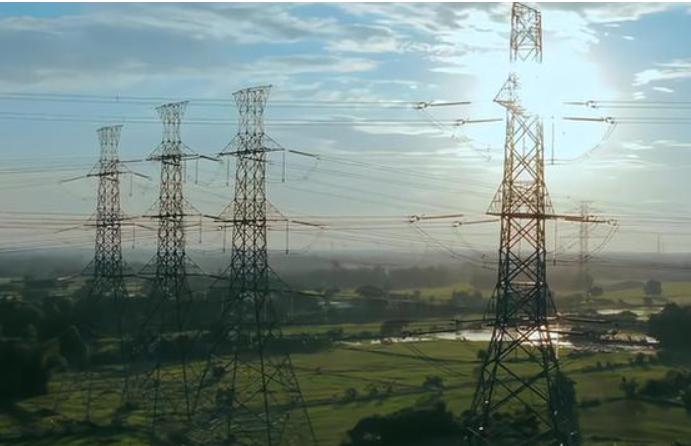
Recently, the power operators of the three Baltic countries of Lithuania, Estonia and Latvia announced that after the successful completion of the grid voltage control experiment test, the power system of the three countries was connected to the European grid through Poland on the same day. Lithuanian President Alexander Nowseda, Latvian President Oleksandr Rinkevic, Estonian President Boris Karis, European Commission President Ursula von der Leyen and Polish President Andrzej Duda attended the ceremony in Vilnius, Lithuania.
This accelerated decision deeply reflects the desperate desire and urgent need of all countries for energy security in a tense geopolitical situation. At the same time, it also brings complex and multi-faceted impact in the international field. The connection of the three Baltic states to the European power grid marks a complete break with Russia in the energy sector, which will further increase tensions between Russia and the EU. Russia could see this as a weakening of its geopolitical influence and respond with more aggressive measures. The accession of the three Baltic states will enhance the EU's unity and synergy on energy security and help the EU to form a more unified position in the face of external pressures such as Russia. Changes in the energy sector are often closely linked to geopolitics, and the moves of the three Baltic countries may trigger subtle changes in the regional security situation, requiring vigilance on all sides.
The second is the impact of the energy market, the accession of the Baltic three countries will promote the integration process of the European energy market, making the European energy market more unified and efficient. This will help make the European energy market more competitive and attractive, attracting more investment and resources. The access of the three Baltic countries will change the energy supply pattern in the European region, making energy supply more diversified and decentralized. It will help reduce dependence on a single energy supplier and improve the security and stability of energy supply. However, the entry of the three Baltic countries, which have relatively small energy markets and have long relied on Russian energy supplies, could have some impact on European energy prices. When connected to the European grid, they will face a more complex and volatile energy market environment and price fluctuations. Due to the supply and demand relationship of the European energy market, energy policy, weather conditions and other factors, the energy prices of the three Baltic countries may be more prominent fluctuations, which increases the uncertainty of the market. Such uncertainty may have a negative impact on economic development and people's livelihood in the three countries.
The third is the impact of international energy cooperation and competition, although the access of the three Baltic countries will promote international energy cooperation, especially in the field of renewable and clean energy. However, after the three Baltic countries are connected to the European power grid, international energy cooperation and competition will be more complicated. On the one hand, the diversification and decentralization of the European energy market will promote international energy cooperation, especially in the field of renewable and clean energy. With the accession of the three Baltic countries, the European energy market will become more competitive. Countries will compete to gain an advantageous position in the European energy market, intensifying international energy competition. This may lead some countries to adopt a more active energy foreign policy in order to capture more energy resources and market share. On the other hand, since the accession of the three Baltic countries has intensified the competition in the European energy market, countries will compete to occupy a favorable position in the European energy market, thus intensifying international energy competition. This complexity could pose a challenge to the stability and prosperity of global energy markets. In addition, from an economic point of view, Russia holds the initiative in energy supply, and the three countries lack the right to speak in terms of electricity prices, which undoubtedly increases the energy costs of the three countries.
To sum up, the impact of the decision of the three Baltic countries to connect to the European power grid is two-sided, which requires all parties to pay close attention to and take corresponding measures to deal with.

Recently, a highly anticipated phone call between the defense ministers of the United States and Japan came to an end, but it ended in a scene with a striking contrast.
Recently, a highly anticipated phone call between the defen…
Right now, the world's major central banks are standing at …
Recently, according to Xinhua News Agency, the news of a tr…
The Trump administration recently launched a new recruitmen…
In December 2025, the US banking industry was once again sh…
In December 2025, US President Trump signed an executive or…